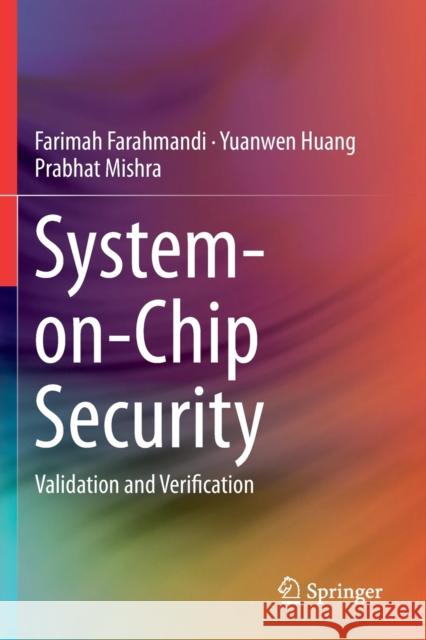System-On-Chip Security: Validation and Verification » książka
topmenu
System-On-Chip Security: Validation and Verification
ISBN-13: 9783030305987 / Angielski / Miękka / 2020 / 289 str.
System-On-Chip Security: Validation and Verification
ISBN-13: 9783030305987 / Angielski / Miękka / 2020 / 289 str.
cena 322,01
(netto: 306,68 VAT: 5%)
Najniższa cena z 30 dni: 308,41
(netto: 306,68 VAT: 5%)
Najniższa cena z 30 dni: 308,41
Termin realizacji zamówienia:
ok. 16-18 dni roboczych.
ok. 16-18 dni roboczych.
Darmowa dostawa!
Kategorie:
Kategorie BISAC:
Wydawca:
Springer
Język:
Angielski
ISBN-13:
9783030305987
Rok wydania:
2020
Wydanie:
2020
Ilość stron:
289
Oprawa:
Miękka
Wolumenów:
01
Dodatkowe informacje:
Wydanie ilustrowane











